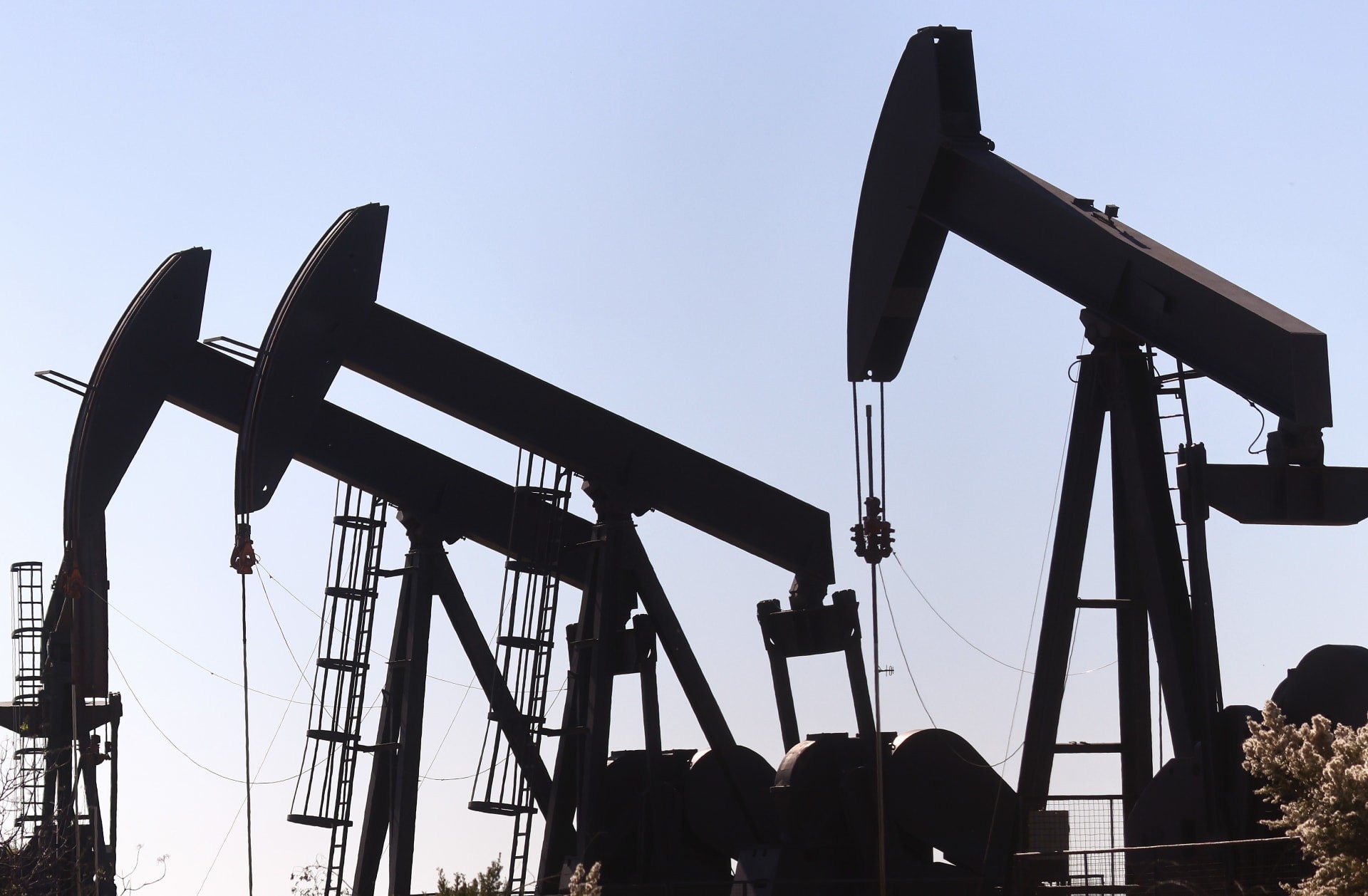Oil prices rose in Asian trading on Wednesday despite a surprise jump in U.S. inventories, driven by geopolitical risks from the Middle East conflict and expectations that inventories will eventually be drawn down during the peak demand season in the third quarter.
Brent crude futures were up 40 cents, or 0.5%, at $85.41 a barrel by 0406 GMT. U.S. West Texas Intermediate (WTI) crude futures were up 43 cents, or 0.5%, at $81.26 a barrel.
“The market seems to be ignoring demand concerns for now, anticipating a drawdown in inventories during the peak demand season in the third quarter,” said Suvro Sarkar, energy sector lead at DBS Bank. “Official inventory numbers from the Energy Information Administration today will provide the market with further clues.”
The American Petroleum Institute said U.S. crude inventories rose by 914,000 barrels in the week to June 21, according to market sources. Analysts polled by Reuters had expected crude inventories to fall by about 3 million barrels last week.
Official U.S. government data on oil and fuel inventories is due at 1430 GMT.
Despite near-term pressure from a strong dollar and U.S. crude oil inventory data, the market is likely to find support from continued OPEC+ cuts and strong seasonal demand in the third quarter, said Warren Patterson, head of commodity strategy at ING.
He added, Our estimate is that the (global) market will see a deficit of about 1.5 million barrels per day in the third quarter due to the continued OPEC+ cuts and the strong seasonal demand that we usually see in the third quarter.
In addition, rising geopolitical risks amid Houthi attacks in the Red Sea and escalating hostilities between Israel and Hezbollah in Lebanon are also supporting higher oil prices, DBS's Sarkar said.
Yemen’s Iran-aligned Houthi group has been launching drone and missile attacks on shipping lanes since November in solidarity with Palestinians in the Gaza war, disrupting shipping through the Red Sea corridor and raising concerns about shipping flows.
The Houthis have so far sunk two ships and captured another, and said on Tuesday they had used a new missile to strike a ship in the Arabian Sea.






































